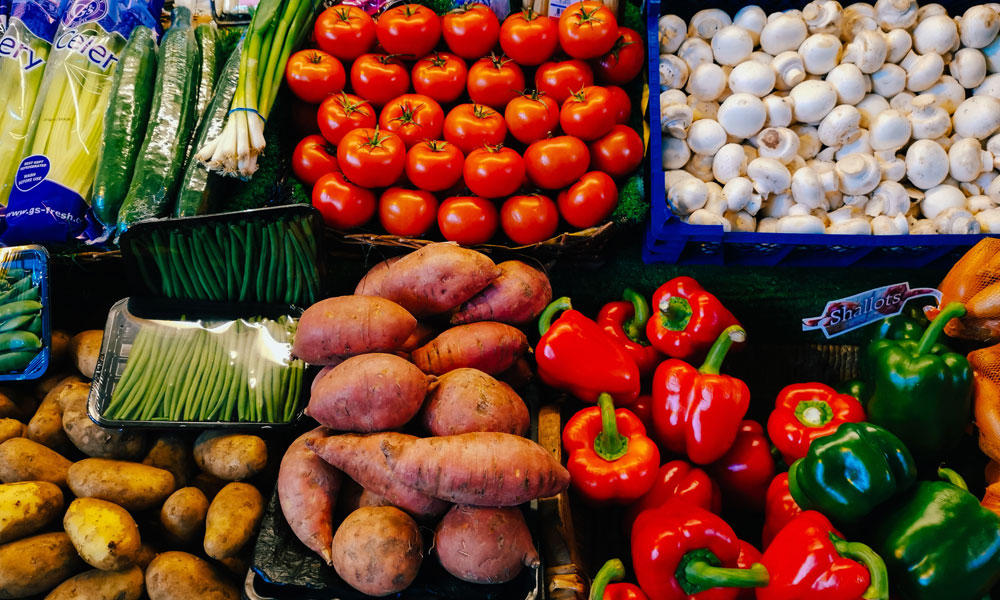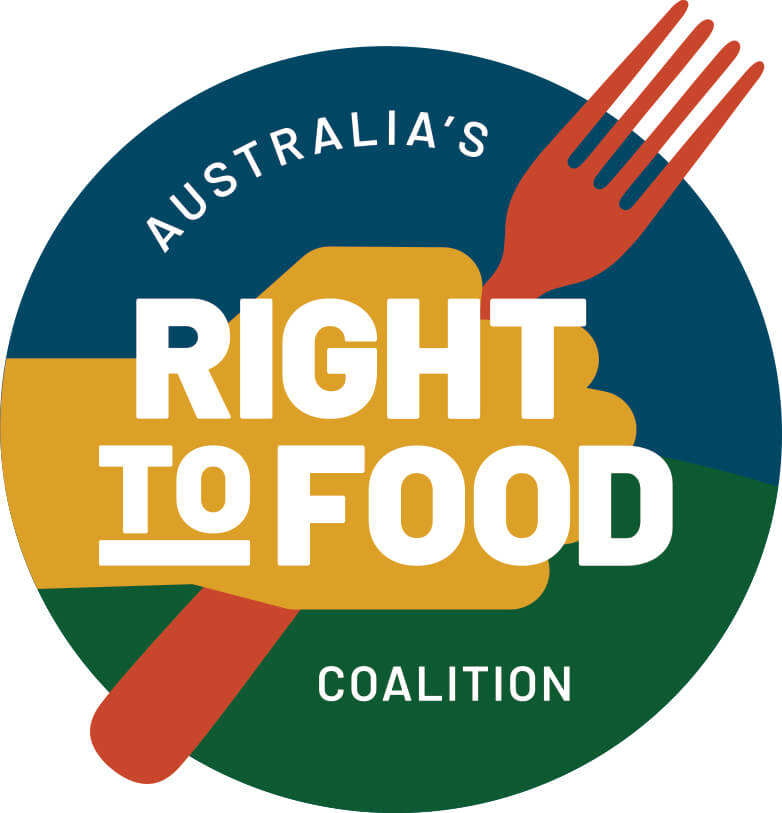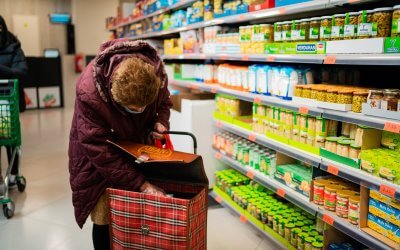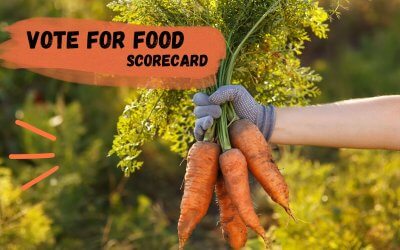Diets low in fruit and vegetables are risk factors for heart disease, obesity, cancer, however only a very small proportion (5%) of the Australian population are eating the recommended 2 serves of fruit and 5 serves of vegetables. Two common barriers are the high cost and limited access, and this is especially important in low income areas where fast food is easily available and fresh food less available. Effective strategies to increase fruit and vegetable intakes are urgently needed to address this problem. Food co-operatives (‘co-ops’) may have the potential to reduce these barriers. Food co-ops are individual-, community- or charity-based groups, and enable their members to purchase fresh fruit and vegetables in bulk, resulting in cheaper and fresher produce directly from farmers or wholesalers.
We studied 15 food co-ops in the Sydney region and found that the most common purpose was to provide cheaper and affordable produce. However, we found that most co-ops were in areas of high income. This was reflected in the other goals which were promote sustainable living, avoiding waste and packaging and to provide a source of organic/pesticide-free or non-genetically modified fruit and vegetables. The few co-ops that were in low SES areas were more likely to be focused on affordability and many of the food co-ops have been set up through schools or school-based groups.
We then studied members of food co-ops to see whether they had different intakes of fruit and vegetable compared to non-members. We found that members had higher vegetable intakes (approximately half a serve daily) and were also four times more likely to meet the recommendations for fruit and vegetable intake.
This means that if food co-ops can be implemented on a wider scale, they hold potential for improving fruit and vegetable intakes on a population level. We recommend a targeted approach, establishing co-ops in areas of low SES, where people have a greater likelihood of having lower intakes of fruit and vegetables. It was clear from our research that co-ops located in areas of disadvantage had a focus on affordability, a very important barrier to fruit and vegetable intake. This would be especially important, for example, in the current COVID crisis where the prevalence of food insecurity is likely to increase.
To access the open access article of this study, please visit: https://www.mdpi.com/1660-4601/17/11/4154#cite
About the authors
Dr Seema Mihrshahi is a nutritional epidemiologist and public health researcher and works at the Department of Health Systems and Populations at Macquarie University. She has a background in global health, women’s and children’s health and public health nutrition. Her current research focuses on population-based approaches for improving healthy eating.
Biography: https://researchers.mq.edu.au/en/persons/seema-mihrshahi
Twitter: @DrSeemaM
Dr Stephanie Partridge is a public health nutrition researcher and an Accredited Practising Dietitian currently funded by a NHMRC/National Heart Foundation Early Career Fellowship. Her area of research centres on nutrition and public health concerning adolescent health, digital health, and obesity prevention, with a strong focus on research translation and adolescent engagement in the research journey.
Biography: https://www.sydney.edu.au/medicine-health/about/our-people/academic-staff/stephanie-partridge.html
Twitter: @DrStephaniePart
Dr Sinead Boylan has a Bachelor of Science in Human Nutrition from the University of Ulster and a PhD in nutritional epidemiology from the University of Leeds. She has studied the dietary patterns of populations across Western and Eastern Europe, Southeast Asia, Australia and East Africa. Sinead’s passion for inter-disciplinary research at the intersection of food systems, health and the environment is reflected in her current roles at The University of Sydney: Executive Officer for the Climate Change, Human Health and Social Impacts Node at The University of Sydney and Executive Director of the Sydney Food and Nutrition Network. Sinead also co-ordinates the ‘Population and Health’ unit of the Masters of Sustainability. Her research aims to identify strategies to promote a healthy and sustainable diet. She strives for equitable, healthy food access for all.
Biography: https://www.sydney.edu.au/medicine-health/about/our-people/academic-staff/sinead-boylan.html
Twitter: @Drsinboy
Dr Josephine Chau is a public health researcher based in the Department of Health Systems and Populations at Macquarie University. She has expertise in the field of physical activity and sedentary behaviour and in health promotion more broadly. Jo’s current work examines strategies for promoting active living and healthy eating in different settings, including workplace and community contexts.
Biography: https://researchers.mq.edu.au/en/persons/josephine-chau
Twitter: @jochau





